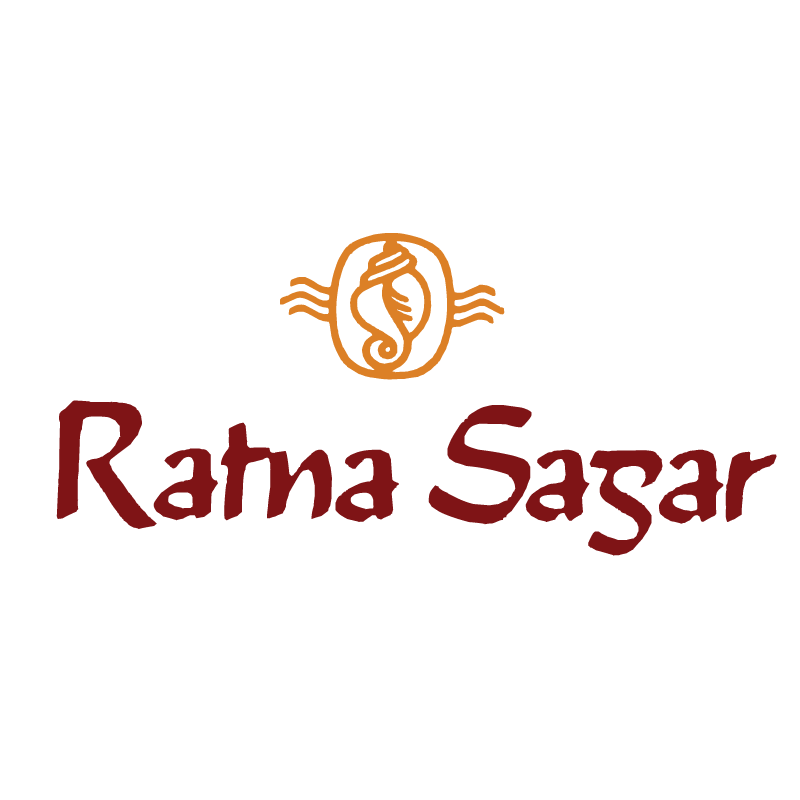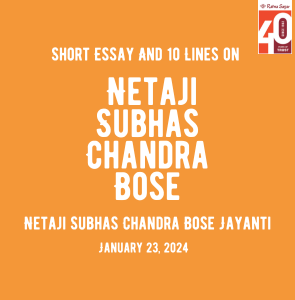This article delves into a Short Essay And 10 Lines on Netaji Subhas Chandra Bose, exploring various facets of his life and his pivotal role in shaping India’s destiny.
Netaji Subhas Chandra Bose was a great Indian leader. He was a freedom fighter who fought for India’s independence against British rule. He also led an army called the Indian National Army to rebel against the British. His birth anniversary is celebrated as Prakram Diwas in India.
Let us learn to write a short essay on Netaji Subhas Chandra Bose. We will also learn to write 10 lines on Netaji Subhas Chandra Bose.
Know About Subhas Chandra Bose:
Full Name: Subhas Chandra Bose
Parents: Prabhavati Bose and Janakinath Bose
Date of Birth: 23 January 1897
Place of Birth: Cuttack, Odisha.
Short Essay on Netaji Subhas Chandra Bose:
Subhash Chandra Bose was born in a well-to-do Bengali family. His father’s name was Janakinath Bose and his mother’s name was Prabhavati Devi. Subhas Chandra Bose was a brilliant student. He scored high in his matriculation exam. He grew up learning about Swami Vivekananda. He studied in the University of Calcutta and later moved to England for higher studies. When he returned to India after hearing about the revolution.
Subhas Chandra Bose joined the Indian National Congress and participated in the Non–Cooperation Movement initiated by Gandhiji. Later, Bose founded the Indian National Army to fight for India’s independence. He wrote multiple books that contain his inspiring ideas, like, “The Indian struggle” and “An Indian Pilgrim”. He also started the newspaper titled “Swaraj”. He mobilised people with slogans like “Give me blood, and I shall give you freedom”, “Jai Hind!”, “You give me blood, I will give you freedom” and “Dilli Chalo!”
Subhash Chandra Bose died in a plane crash in Taiwan in 1945. His birth anniversary is celebrated as Parakram Diwas in India.
10 Lines on Netaji Subhas Chandra Bose:
1. Subhash Chandra Bose was born on 23 January 1897 to Janakinath Bose and Prabhavati Devi.
2. Bose was a brilliant student and achieved high scores in his matriculation exam.
3. He received education at the University of Calcutta and pursued higher studies in England.
4. He was deeply influenced by Swami Vivekananda.
5. He actively engaged in the Indian National Congress.
6. He participated in the Non-Cooperation Movement led by Mahatma Gandhi.
7. He established the Indian National Army to fight for India’s independence.
8. He authored influential books like “The Indian Struggle” and “An Indian Pilgrim.” and gave slogans like, “Give me blood, and I shall give you freedom”, “Jai Hind!”, “You give me blood, I will give you freedom” and “Dilli Chalo!”
9. His birth anniversary is celebrated as Parakram Diwas in India.
10. He died in a plane crash in Taiwan in 1945.
Netaji’s Profound Determination:
Netaji Subhas Chandra Bose spoke fluent English, Hindi, Bengali, Tamil, Telugu, Gujarati and Pashto. He led the Azad Hind Fauj which contained brave trained soldiers, many of whom were women. Netaji communicated with his soldiers using these languages and delivered messages. He used to tell them, “Success may be distant, but it is imperative.” Despite being imprisoned 11 times in India, he demonstrated mastery in gaining release and pursued his goal by engaging with world leaders. Subhas Chandra Bose is recognized for providing a global identity to Indian leadership, influenced by Swami Vivekananda’s ideas. His unwavering commitment to reading the Gita remained constant. Subhas Chandra Bose’s freedom struggle not only inspired India but also left a lasting impact on countries worldwide.
Books by Netaji Subhas Chandra Bose:
- “The Indian Struggle”
- “An Indian Pilgrim”
- “Thoughts and Reflections”
- “The Alternative Leadership”
- “Netaji and the Indian National Army”
- “To My Countrymen”
Read More.
10 Lines on Republic Day (26 January) – Happy Republic Day of India
Short Essay And 10 Lines on Army Day
Short Essay And 10 Lines on Mahatma Gandhi
Insightful Short Essays and 10 Lines on Holi

